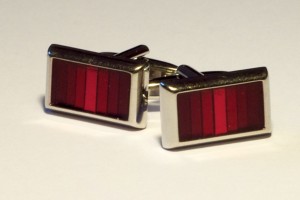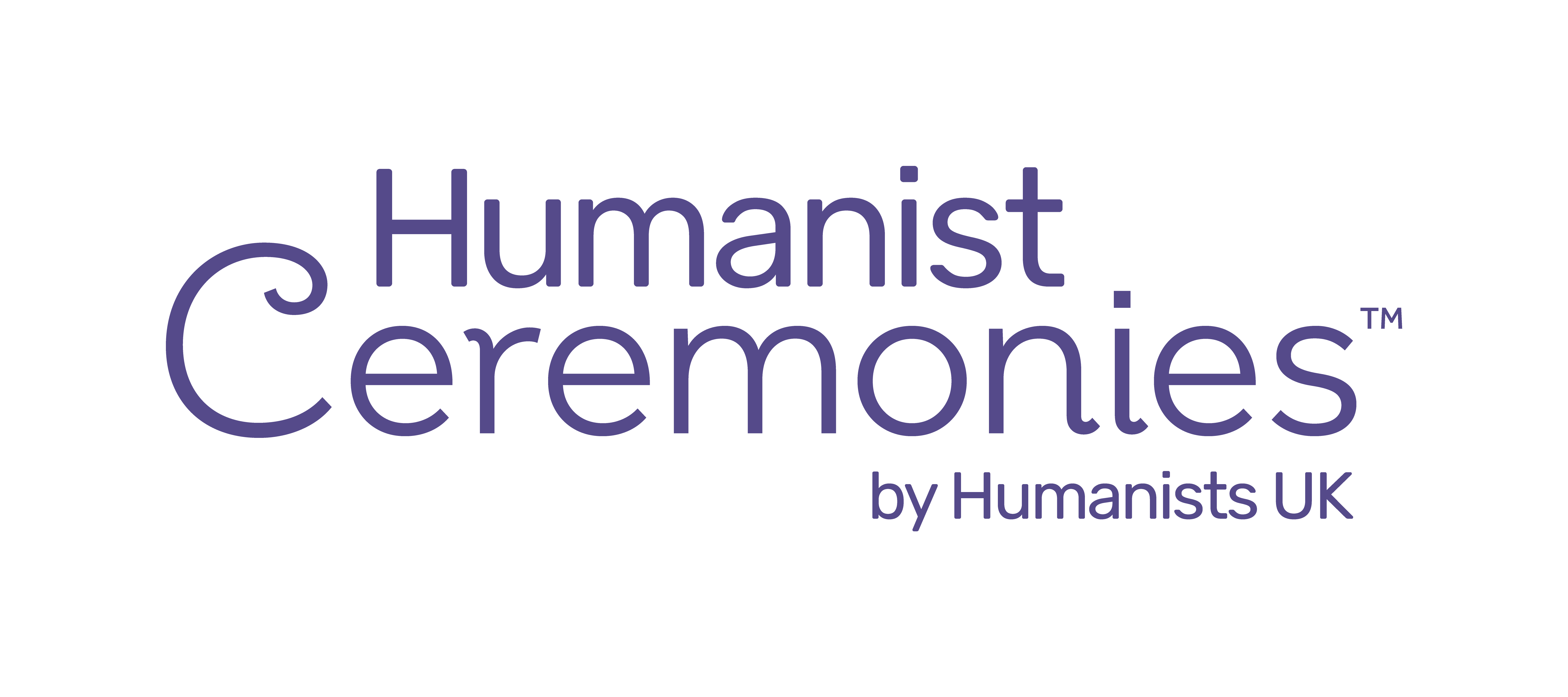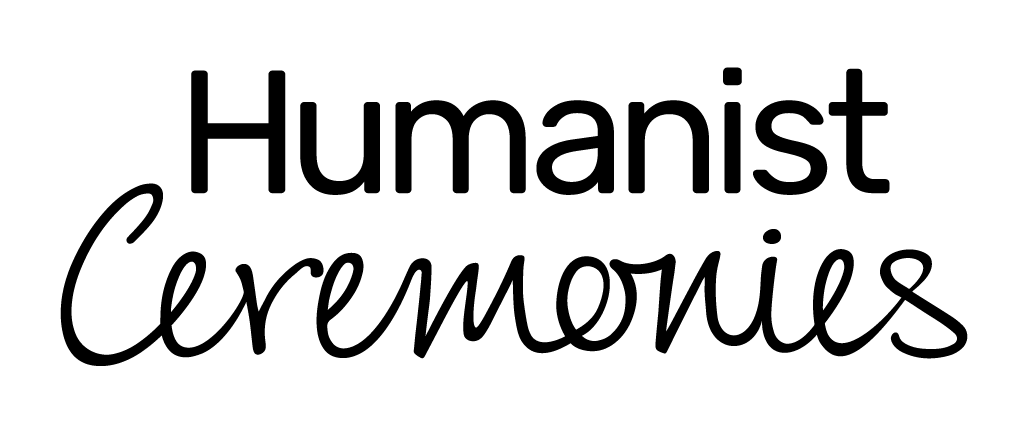Good to know
The What’s involved pages tell you what usually happens during the time of our working together, from your first contacting me to your living happily ever after. But there’s still a lot to decide about how exactly you’d like your wedding, partnership or naming ceremony to be. This page should get you thinking, and answer many of the questions you might have.
For weddings and partnerships, start at the top and read everything! For namings, start here.




Formality
Many humanist ceremonies come with everything you might expect of a ‘traditional’ wedding: bridesmaids, a best man, ushers, flowers, suits, dresses, processing down the aisle, serious words, and so on. Equally, many are highly informal: everyday dress, a small gathering, a garden or beach, light-hearted words and an easy-going approach. A good celebrant is equally happy with either end of the scale or anything in between. It’s an important day in your life, and we think it deserves to be taken seriously; but what that means to you is, well, up to you.
Same sexes?
Don’t be put off by the fact that all the examples currently on my site are of mixed-sex couples. I’m delighted to hear from any couples, regardless of gender, and have conducted many same-sex wedding, partnership and naming ceremonies. I just don’t happen to have been sent any photos yet…
Humanists are committed to social equality, and we were active in campaigning for the rights of people to get married regardless of sex or sexuality. When two people love each other and wish to make a public commitment to each other, we are only too happy to be involved.
Because each ceremony is designed personally for each couple and no two ceremonies are alike, there is no practical difference from my point of view whatever your genders or identities.
Music
Most ceremonies involve music at at least some of a few key points in the proceedings: while guests are assembling, as the couple or bride enter, as an interlude during the ceremony (especially if it’s performed or sung live), while a certificate is signed or ceremonial gesture is performed, as a celebration at the end, or as people are leaving. As with all things, it’s completely up to you which, if any, you choose to do. I can help you pick music, or you may have some particularly meaningful, special or favourite song or piece.
We’ll need to make sure there’s a way to get it played—not usually a problem in wedding venues but might take some thought if we’re outside. Especially if there’s rain… I’ll think through practicalities like this with you, and make sure we’ve got everything covered.
Legalities
As well as your humanist wedding or civil partnership ceremony, you will also need to obtain your legal certificate from a register office. However, anybody who has had a ceremony will tell you that, as far as they were concerned, the ‘real’ moment of marriage/partnership was when they took part in a ceremony designed for them, in front of those important to them, saying words that reflected themselves, their wishes and their intentions. Remember, there is no requirement to exchange rings at the register office; you can save all the important moments for your humanist ceremony.
Surprises
Some people like the idea of saving a part of their ceremony to be a surprise at the time. For example, you might each choose to write some vows or a few lines to say to one another, and not reveal them beforehand. That’s absolutely fine; I can still help you draft them (if you’d like) and make sure they’re in your final printed copy of the ceremony.
Actions and gestures
Many people like the idea of having a symbolic action or gesture as a focal point for their ceremony. For a wedding or partnership, exchanging rings is a popular example, but certainly not the only option. For a wedding, partnership or naming, people have blown bubbles, made hand prints, planted trees, and all sorts of other things. Sometimes it’s a way of symbolising the feelings of those involved, and sometimes it’s a way of getting everybody to join in. But nothing’s compulsory; together we’ll figure out what will work best for you.
Locations
One of the great things about a humanist ceremony is that, unlike a civil or religious ceremony, we’re not limited in where it can take place. Your garden, a pub, a stately home, a museum, a park, a beach, some woods, a field, a cruise ship—it’s all theoretically possible. I can help you think through the practicalities.
Religious content
Humanist ceremonies can be one of the most inclusive types of wedding, partnership or naming day. Put simply, because we don’t have (or need) any religious or supernatural beliefs, a humanist ceremony is inherently focused on the stuff that everybody has in common: this life, this world, our surroundings, friends, family, and the importance of living a good life. This is why even religious people will often describe a humanist ceremony as one of the most meaningful they’ve attended.
To account for their guests’ different beliefs and philosophies, some couples also choose to include a few silent moments for people to think, reflect or pray if they wish to. And, despite our ceremonies not having religious or new age content, if you have a favourite song or reading in mind that happens to mention these themes, that’s absolutely fine. (After all, many of the most beautiful writings do.) Words don’t scare us!
Writing your own words …?
Humanist ceremonies are bespoke: the perfect ceremony is designed for each couple or family, every time.
Many people like the idea of writing vows, promises or affirmations themselves. Some go further and write a lot of the rest of the ceremony too. But that’s not for everyone; some would rather base their ceremony more on things that have been written in the past, and some prefer to leave the words entirely up to the celebrant. Whichever way you decide to go, the celebrant’s job is to take all your suggestions and requests into account and come up with something you’re absolutely comfortable with. Usually that’s a combination of things you have suggested, time-tested classic phrases and passages, and details about your own lives and plans. You can provide any or none of the wording, or something in between; whatever happens, it’ll be written up into one coherent, beautiful ceremony.
Fees
All celebrants accredited by Humanists UK work on a self-employed, franchise basis. As such, there is no one fixed price, but we usually work within a recommended range so you know what to expect. This is published here. I include all travel, expenses and so on, (so there won’t be any extra additions) so the price depends a little on distance and so on. But unless there’s anything particularly difficult in terms of location or timing, it’s usually £650 for a wedding, or £300 for a naming ceremony, including all travel and other expenses—but I’d be happy to give you an exact quote, with no obligation to you, if you let me know where you’re planning to hold your ceremony. I am also happy to take payment in instalments.
What’s included
- Whatever in-person meetings we can fit in during the planning (We may not need this, but some people prefer doing more of the process face-to-face)
- As much contact by email, phone, text, FaceTime, Zoom etc. as we need
- My travel costs
- A copy of The Little Book of Humanist Weddings by Andrew Copson and Alice Roberts or New Arrivals: Nonreligious Baby Namings by Jane Wynne Wilson and Robert Ashby
- A presentation copy of your ceremony script
- A commemorative certificate, if you would like one
- For weddings and partnerships, a rehearsal / meeting / run-through, preferably on location, shortly before the ceremony
- And, of course, my writing and delivering a bespoke ceremony for you!
Anything else?
I’ve tried to cover enough information on these pages to give you a good idea of what’s involved and answer most of the questions you might have. If there’s anything missing, or anything you’re still wondering, get in touch and ask, without obligation or pressure. I’m always happy to talk to people about ceremonies!

